The fluorescent lights were too bright, the room too quiet.
Lexi Hutchinson sat in the break room at the end of a 12-hour pediatric clinical shift, her body exhausted and her mind tangled in emotion.
She had spent the day helping a child battle cancer, playing with him on the floor while quietly monitoring vitals, comforting panicked parents, and pushing down her own heartbreak.
“By the time I got home, I didn’t even want to make decisions,” she said. “I’d used up all my compassion during the day. I was just burnt out.”
And yet, she wouldn’t trade it for anything.
“It’s hard,” she admitted, “but when a kid tells you they love you, or a parent says, ‘You’re going to be a great nurse,’ that’s what makes it worth it.”
Lexi, who will graduate from Carroll College’s nursing program this spring, is one of 54 students earning their Bachelor of Science in Nursing degree, a growing number in a state where the demand for nurses continues to climb.
The number of licensed Registered Nurses (RNs) in Montana jumped from about 18,000 in 2020 to over 20,000 in 2022, according to a recent state survey.
At Carroll, students like Lexi are shaped by rigorous coursework, long clinical hours, and intense preparation that pushes them to the edge of their emotional and intellectual limits.
“We go work for 12 hours and then have homework on top of that. And you’re not getting paid; it’s just for experience,” she explained. “You’re giving everything. There’s a point where you feel like you don’t have anything left to give.”
But Carroll’s program doesn’t leave students to carry that weight alone.
Dr. April Boitano, better known to students as Dr. B, knows this journey firsthand. She brings to her teaching decades of experience as a nurse-midwife, a heart for mentoring, and a deep understanding of the emotional demands of the profession. She teaches many of the foundational courses that students encounter when they first enter the nursing program, giving them early access to her deep well of knowledge, compassion, and real-world experience.
Her own path began in Sacramento, California, where she earned her Bachelor of Science in Nursing and dove into pediatric intensive care nursing. From there, she moved into neonatal intensive care (ICU) work, labor and delivery, and eventually became a certified nurse-midwife, earning her doctorate along the way.

She delivered babies in rural hospitals, worked in large urban centers, and served Indigenous communities on the Fort Peck Reservation as part of a federal loan forgiveness program for clinicians in underserved areas.
Throughout her career, as a midwife, a chief of midwifery, and a mentor, Dr. B has believed deeply in the power of presence and compassion.
“As a midwife, I always saw my job as being ‘with woman’, that’s literally what midwife means,” she said. “When I came to Carroll, I decided to midwife my students.”
Her experiences have been humbling and heartbreaking. She’s cared for babies born to mothers struggling with addiction, helped families through devastating diagnoses, and witnessed painful moments of injustice and loss. She recalls the day she had two patients side by side: one, a Black family with a newborn who needed emergency heart surgery; the other, a white supremacist couple whose baby was physically healthy.
“It was heartbreaking,” she said. “You go home trying to care for your own family, but your energy bucket is empty. That’s when I’d stop at the garage door, take a breath, and let it go before stepping inside.”
Just inside her door, she kept a sticky note that simply read: You are here now.
It’s that kind of emotional honesty and resilience that Dr. B brings into the classroom. She doesn’t sugarcoat the profession’s difficulties, but she guides students through them. She encourages reflection through journaling, invites open conversations, and checks in on students who might be struggling.
She believes in the power of storytelling, both to teach and to heal.
“We relate through stories,” she said. “So I share the amazing births and families, but I also share the hard ones, the ones where I cried all the way home.”
Dr. B and her colleagues have also created a resiliency course, designed to help nursing students build emotional endurance.
“We know the zeal and excitement students bring can snap back on them and cause burnout,” she said. “This course helps them not just survive the program, but thrive in the profession.”
Her message to future nurses is clear: It’s OK to struggle. It’s OK to feel drained. It’s OK to ask for help. What matters is continuing to show up, with compassion, integrity, and the knowledge that your work matters deeply.

“We’re givers,” she said. “But we need to remember to care for ourselves, too. And sometimes, that starts with just having someone who listens.”
For Dr. B, the sacrifices of nursing have been real for a long time.
For Lexi, those sacrifices are just beginning.
Lexi remembers a clinical rotation where she connected with a quiet little girl who was chronically sick.
“Her dad had been hotboxing the car while she was inside, and she had fluid in her lungs,” Lexi said, the pain evident in her voice. “I just sat in the hallway crying. I thought, ‘I can’t do this.’ But my preceptor told me, ‘You care. That’s why you need to keep going.’”
And Lexi has kept going.
This fall, she will begin working in the Neonatal Intensive Care Unit (NICU) at Bozeman Health, a field that demands both technical precision and deep compassion.
Lexi knows it won’t be easy. But she isn’t in it for easy.
“I had a hard childhood,” she said. “I know what it’s like not to have someone there for you. These kids deserve to see someone who cares. I want to be that person for them.”
For nurses like Lexi, the job isn’t about prestige or comfort, it’s about presence. It’s about choosing, day after day, to show up for others even when it costs you something. Nurses work through holidays, miss birthdays, and carry stories of heartbreak home with them.
And still, they return to the bedside.
In a world too busy to notice the quiet acts of care happening behind hospital doors, nurses remind us what it truly means to serve. Their sacrifice is constant and exhausting.
On Friday, May 9, the 54 graduating Carroll nurses will receive their pin, placed proudly on them by someone they love.
Lexi will be pinned by two of her biggest supporters, her parents, Lauren and Curtis Hutchinson.
The pinning ceremony is an emotional end of a long 4-year journey at Carroll, but also the beginning of a decades-long journey of caring for those in need, one patient at a time.
Receiving her pin will be a moment of pride, a recognition of the journey she has walked, and the countless lives she has yet to touch.
“I think I will feel a bit sad that I am leaving,” Lexi said, looking forward to the moment she’s pinned. “But I’ll also be excited for all the great moments I will get to experience in the future.
For new nurses like Lexi, a life of self sacrifice and hard work lies ahead, but despite all the hardships, knowing that they will heal and help many people keeps them going.
“Sometimes you just want to hear that you’re going to be a good nurse,” Lexi said. “And when someone tells you that, you remember why you started.”







